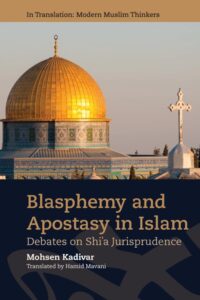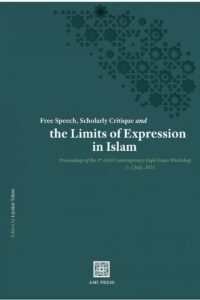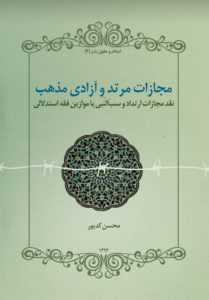
Blasphemy and Apostasy in Islam: Debates on Shi’a Jurisprudence | Book Review
Beginning with a genealogy of religious freedom in contemporary Islam, this book presents a back-and-forth debate between modern two Shi’a jurists (one conservative, one reformist) that locates the exact points of controversy surrounding apostasy and blasphemy. The author explores the subject of blasphemy and apostasy from the perspective of Shi’a jurisprudence to articulate a polarization between secularism and extremist religious orthodoxy. In a series of online exchanges, he debates the case with the son of Grand Ayatollah Fazel Lankarānī who issued the fatwa pronouncing the death penalty on Rāfiq Taqī.




